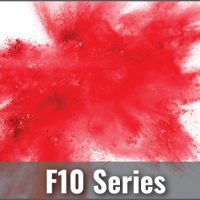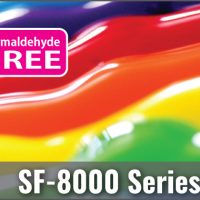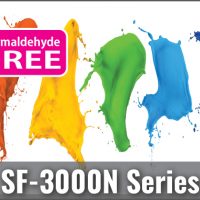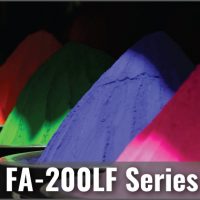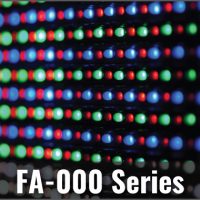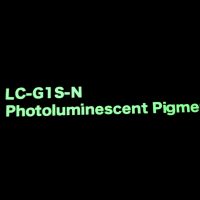Powder Type Pigment
FA-000 SERIES

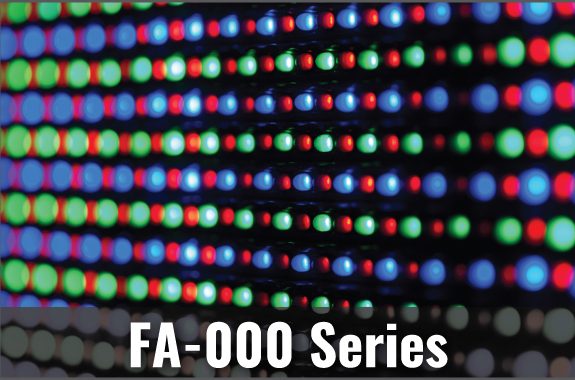

Emission colors converting organic fluorescent pigment for Dispersed EL-Lamp
A part of fluorescent pigment for EL-Lamp
Blue-green and green are the two colors emitted from an EL inorganic fluorescent substance composed of ZnS crystal matrix. As an organic fluorescent pigment has high purity and strong transparency, that does not disturb the reduction of EL-Lamp to emit a white color, you can use pink and red-orange pigment as complementary colors.
In addition, we provide lemon-yellow and orange-yellow pigments for conversion to other EL-Lamp colors.
Color data of FA-000
(Hitachi spectrum photometer 307:Xenon light source)
| Color | Color coordinates | Y Value | Main wavestrength | Reflectance |
|---|---|---|---|---|
| FA-001 Red Orange | X=0.4936 y=0.3363 | 66.89% | 590nm | 174.20% |
| FA-005 Lemon Yellow | X=0.4936 y=0.3363 | 105.61% | 525nm | 155.62% |
| FA-006 Orange Yellow | X=0.4936 y=0.3363 | 80.06% | 580nm | 181.10% |
| FA-007 Cerise | X=0.4936 y=0.3363 | 56.32% | 600nm | 168.84% |
| SPECIFICATIONS | |
|---|---|
| Average Particle Size | 3.5 to 5.0 μm |
| Sorting Point | 140~170℃ |
| Specific gravity(genuine) | 1.3 |
AVAILABLE COLORS

- ・Usage of organic fluorescent pigment
- The ratio of inorganic fluorescent substance and organic fluorescent pigment is 100phr to about 3~7phr. They are mixed together and added to EL-binder. When you find a moderate ratio, you can obtain a white emission EL-Lamps.
- ・Notes
- As organic fluorescent pigment does not have good solvent resistance, we recommend making fluorescent ink with EL-binder only, because the ink of storage stability is not so good.
Light fastness is not so good. We can’t recommend using it outdoors.
Related Products
-
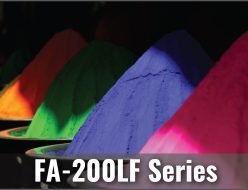
FA-200LF SERIES
Superior solvent stability, less formaldehyde contents less than 300ppm
-

FM SERIES
High solubility and transparency
-

FX-300 SERIES
High heat stability, strong solvent stability and very limited migration of dyes.
-
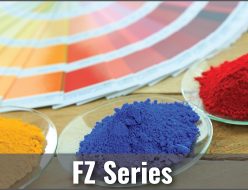
FZ SERIES
Strong color fastness and fine particle size.
-
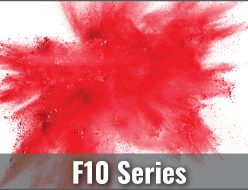
F10 SERIES
High Strong color fastness, Sunshine stability
-

SX-100 SERIES.
Formaldehyde free fluorescent colored acrylic pigment



